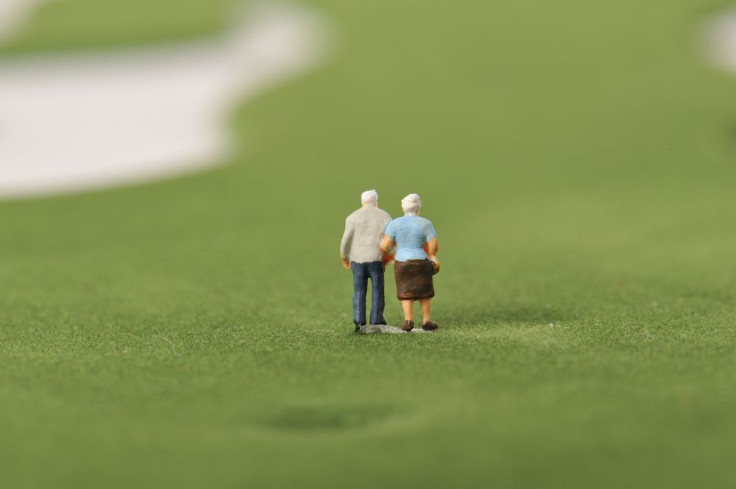Spouse's Physical Health And Cognitive Function Help Keep Seniors Young

Focusing on your spouse’s physical health and cognitive functioning will dramatically improve your quality of life according to new research done by the University of Arizona that is published in Psychology and Aging.
The research analyzed over 8,000 married couples whose average age was in their early 60s. Quality of life tends to be something that is placed on the individual. But maybe that is the wrong way to look at it. The research seems to suggest that you should place your health in your spouse’s hands.
“When we think about quality of life for older adults, and improving quality of life, it seems like targeting the individual is only part of the story, and our findings suggest that for older adults, a larger part of individual well-being is defined by our partner’s health and cognitive functioning as well,” said UA psychologist David Sbarra who is the co-author of the paper.
The researchers from UA considered respondents’ self-reports of well-being and quality of life. For mental health, they gave basic cognition tests in order to test memory and verbal fluency and focused on aging couples that didn’t have any clinical or chronic illnesses.
Gender was never something that affected the results of the research. Wives and husbands benefited across gender lines to improvements in physical health. The same results surfaced for cognitive health as well, with husbands benefiting more from their wife’s mental health than vice versa. The finds of the research supports interdependence in older aging couples.
The elderly population is growing exponentially. The Pew Research Center reported that growing elderly population is becoming a “looming economic and social burden.” In the United States, the United Nations projects that there will be 36 elderly people for every 100 working age American people (age 15-64). People are living longer, and that will inevitably pose a problem for public health in the future, as the study suggests. The population of Americans who are 65 years old or older is projected to double to around 72 million. The number is considerably higher in other countries like Japan, Germany, and Spain.
As you continue to age, keeping up your physical and mental health is going to become increasingly more difficult. The effects of old age can very often lead to loneliness and depression. Focusing on the mental and physical well-being your significant other early on will be pivotal in improving your own health and quality of life.
“The population of aging adults is going up drastically, and as we have more and more people who are living longer and longer it’s really important to understand successful aging,” Kyle Bourassa, a UA doctoral student in clinical psychology and lead author of the paper said.
Source: Bourassa K, Memel M, Woolverton C, et al. A Dyadic Approach to Health, Cognition, and Quality of Life in Aging Adults. Psychology and Aging. 2015.
Published by Medicaldaily.com



























